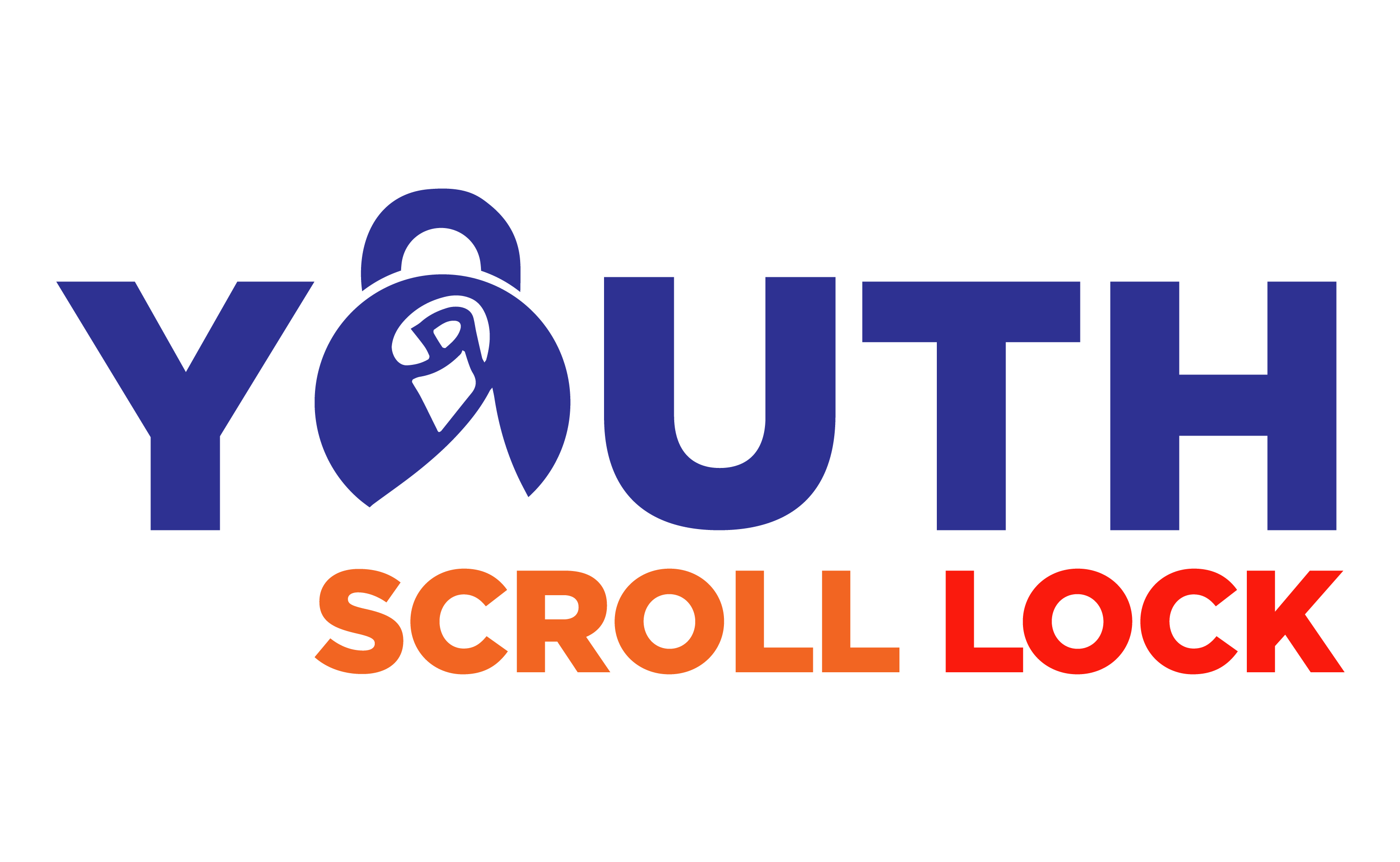Assessing Luckymister’s licensing and security for player trust
In the rapidly evolving landscape of online gaming, establishing and maintaining player trust is paramount for platform success. A core aspect of this trust hinges on the platform’s adherence to legal standards and its commitment to robust security measures. Modern players increasingly scrutinize licensing and security protocols before engaging with a gaming site, viewing these factors as indicators of fairness, transparency, and safety. For example, platforms like luckymister demonstrate how regulatory compliance and advanced security practices foster confidence, making them valuable case studies for understanding these principles in action.
Contents
Legal compliance: How does licensing validate platform integrity?
Types of gaming licenses and their significance
Online gaming platforms operate under various licensing frameworks, each serving as a stamp of legitimacy and trustworthiness. Common licenses include jurisdiction-specific licenses such as those issued by the Malta Gaming Authority (MGA), the UK Gambling Commission, or Curacao eGaming. These licenses certify that the operator adheres to stringent standards of fairness, responsible gaming, and financial transparency. For instance, an MGA license requires regular audits and compliance checks, ensuring that the platform’s operations are transparent and fair, which directly impacts player trust.
Regulatory bodies overseeing Luckymister’s operations
Regulatory oversight is the backbone of legal compliance. Authorities like the UK Gambling Commission or the Malta Gaming Authority enforce strict standards and conduct periodic audits. Platforms like luckymister demonstrate regulatory adherence by obtaining licenses from recognized bodies, which conduct rigorous checks on licensing applicants’ financial stability, technical infrastructure, and responsible gaming policies. Such oversight assures players that the platform operates under a legal framework committed to fairness and security.
Frequency and transparency of licensing renewals and audits
Transparency in licensing renewal and audit processes enhances credibility. Reputable platforms publish their licensing status and audit results, often accessible via their websites. Regular renewal cycles—often annually—serve as proof of ongoing compliance. For example, publicly available audit reports from third-party agencies provide independent verification of the platform’s fairness and security measures, fostering a sense of accountability and trust among players.
Technical security measures: What safeguards protect player data?
Encryption protocols and data privacy standards
Protecting player data from cyber threats is central to online platform security. Advanced encryption protocols such as Secure Socket Layer (SSL) and Transport Layer Security (TLS) encrypt data transmissions, preventing interception by malicious actors. Regulatory standards like the General Data Protection Regulation (GDPR) in Europe set strict guidelines for data privacy, requiring platforms to implement measures that ensure data confidentiality and integrity. For example, platforms that employ end-to-end encryption and adhere to GDPR standards demonstrate their commitment to safeguarding user information.
Security certifications and third-party audits
Independent security certifications, such as ISO/IEC 27001 or eCOGRA certification, validate that a platform’s security infrastructure meets international standards. Regular third-party audits assess vulnerabilities, verify compliance, and confirm the effectiveness of security controls. Platforms like luckymister often showcase such certifications, signaling to players that their data is protected by trusted security frameworks.
Deployment of fraud detection and anti-cheating systems
To maintain fair gaming environments, platforms deploy sophisticated fraud detection systems that monitor transactions and gameplay for anomalies. Anti-cheating measures include real-time monitoring algorithms, biometric verification, and RNG (Random Number Generator) testing to ensure fairness. These systems not only prevent malicious activities but also reinforce player confidence by demonstrating a proactive approach to security and fairness.
Operational transparency: How openly does Luckymister communicate security practices?
Availability of security policies and real-time trust indicators
Transparency begins with accessible security policies outlining how data is protected, how transactions are secured, and what measures are in place to detect fraud. Many reputable platforms display trust seals or security badges on their websites, providing real-time indicators of safety. Moreover, some platforms offer live status updates on their encryption, audit results, or licensing renewals, further enhancing transparency.
Reporting mechanisms for security breaches or concerns
Effective communication channels are vital for addressing security concerns. Clear reporting mechanisms, such as dedicated email support, live chat, or incident reporting forms, enable players to report suspected breaches swiftly. Platforms that respond promptly and transparently to security issues demonstrate a commitment to safeguarding user trust, turning potentially damaging incidents into opportunities for demonstrating accountability.
Player feedback integration and incident response protocols
Incorporating player feedback into security practices helps refine safeguards. Platforms often publish incident response protocols, detailing steps taken after a breach and measures to prevent recurrence. Transparency in these procedures reassures players that their security is a priority and that the platform continuously improves its defenses based on real-world feedback and emerging threats.
Impact of licensing and security on player confidence and platform growth
Correlation between regulatory compliance and user retention
Research indicates that platforms with recognized licenses and strong security measures enjoy higher user retention rates. Regulatory compliance acts as a trust signal, often leading to increased loyalty and positive word-of-mouth. A study by the European Gaming & Betting Association found that players are 40% more likely to stay loyal to platforms that transparently display their licenses and security practices.
Case studies of player trust improvements after security upgrades
Platforms that have invested in upgrading security infrastructure often experience measurable increases in player confidence. For example, after implementing advanced encryption and third-party audits, some operators report a 25% rise in active users and a significant reduction in complaints related to security concerns. These improvements underscore the importance of ongoing security investments in fostering long-term trust.
Predicted trends in trust-building through enhanced licensing practices
As technology advances, future trends point toward even greater transparency and stricter licensing standards. Blockchain-based licensing models and real-time audit reporting are emerging as tools to enhance trust further. Moreover, integrating biometric verification and AI-powered risk assessments are set to become standard features, reinforcing the timeless principle that transparent, rigorous licensing and security measures are central to sustainable growth in online gaming.
“Trust is the foundation of any successful online gaming platform. Licensing and security are not just compliance checkboxes—they are the pillars that uphold player confidence and platform longevity.”
